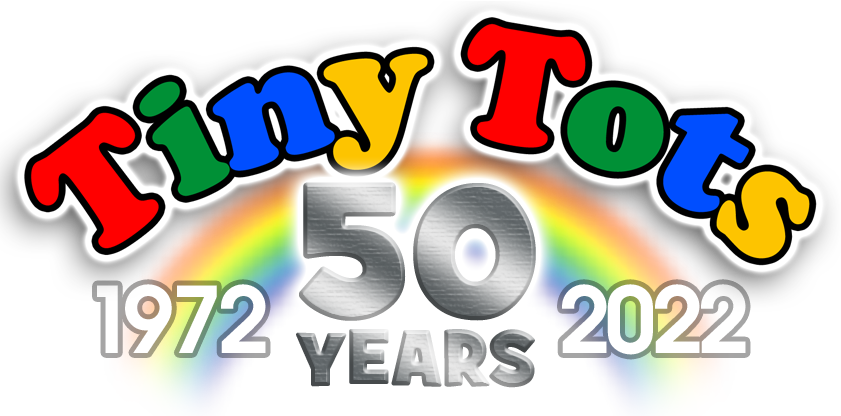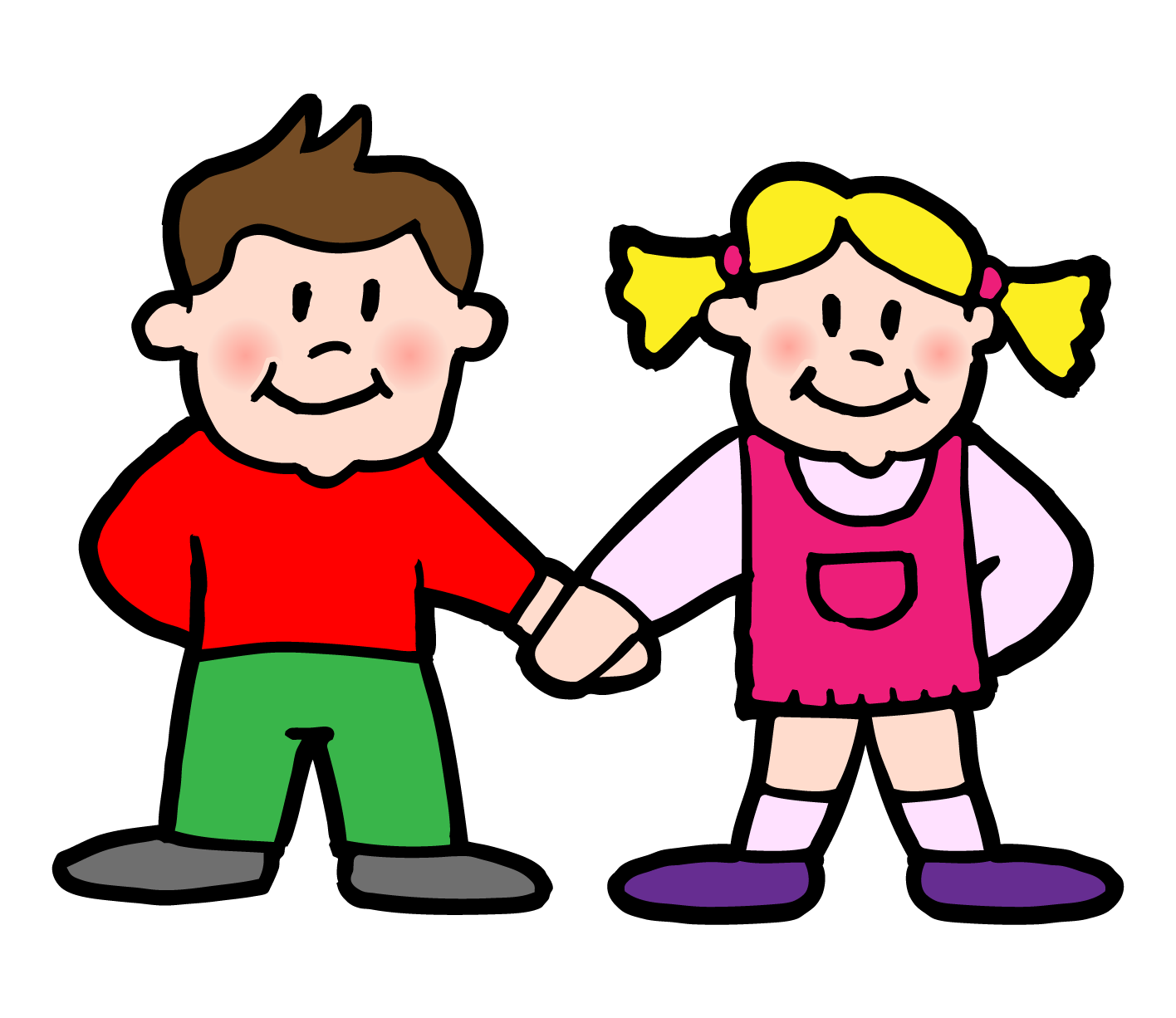Curriculum Development
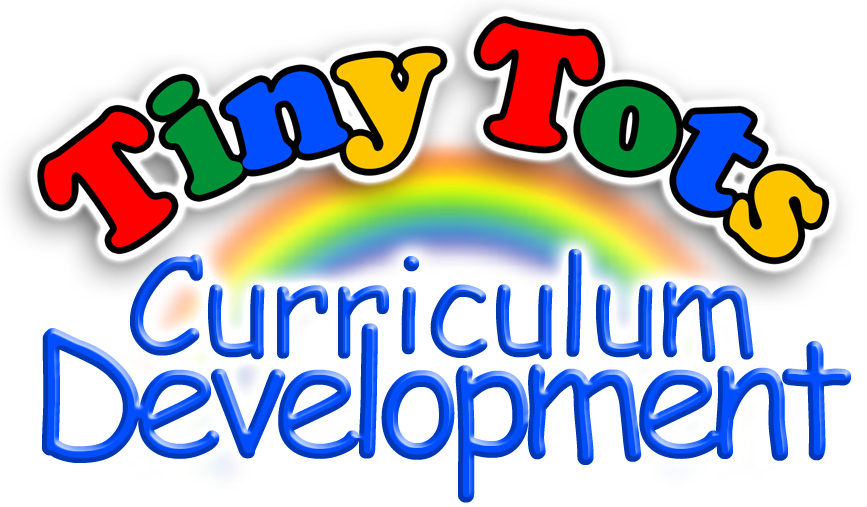
At Tiny Tots we set out to assist all children attending, to attain their maximum potential within their perceived capabilities. The curriculum teams at Tiny Tots are very aware of the importance of an appropriate play environment for each child so they may develop good social skills and an appreciation of all aspects of this country’s multicultural society.
Planning of the learning experiences by the teams is further designed to ensure, as far as practical, equality of opportunity for all children. The curriculum is designed to help children to meet the ‘Four Purposes’ laid down by The Assembly for Wales, Department for Education, Lifelong Learning and Skills, these are outcomes to make a smooth transition into school education.
Recently, the curriculum has changed throughout Wales, we have attended many courses, to enable us to successfully deliver these changes.
We have always delivered a variety of topics and themes, but since the introduction of the ‘Four Purposes’, we aim to plan activities in the moment with the children at the focus of all we do.
The four purposes states that all children and young people will be: Ambitious, capable learners who are ready to learn throughout their lives. Enterprising, creative contributors who are ready to play a full part in life and work. Ethical, informed citizens who are ready to be citizens of Wales and the world.
Four Purposes Language and Literacy
Language and Literacy
In both small and large groups, children are encouraged to extend their vocabulary and fluency by talking and listening, and by hearing and responding to stories, songs, and rhymes. Children are helped to understand that written symbols carry meaning, to be aware of the purposes of writing and when they are ready, to use drawn and written symbols for themselves. A well-stocked book corner gives every child the opportunity and encouragement to become familiar with books, able to handle them and aware of their use, both for reference and as source of stories and pictures.
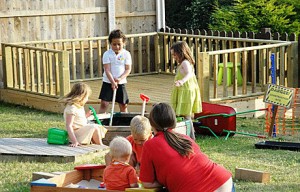 Personal and Social Development
Personal and Social Development
Within a nurturing environment, children are individually supported in developing confidence, autonomy, and self-respect. They are encouraged to work and concentrate independently and to take part in all aspects of the nursery day, sharing and co-operating with other children and adults. Through activities, conversation, and practical example, they learn acceptable ways to express their own feelings and to have respect for the feelings of others.
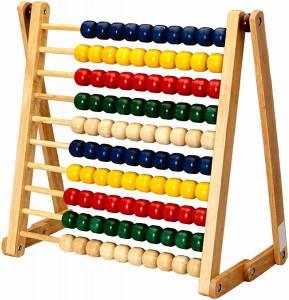 Mathematical Development
Mathematical Development
By means of adult supported practical experiences children become familiar with the sorting, matching, ordering, sequencing, and counting activities, which form the basis for early maths. As they use their developing mathematical understanding to solve practical problems, children are assisted to learn and use the vocabulary of mathematics, identifying objects by shape, position, size, volume, and number. Songs, games, and picture books help children become aware of number sequence and, when they are ready, to use simple mathematical operations such as adding.
 Knowledge and Understanding of the World
Knowledge and Understanding of the World
A safe and stimulating environment allows children to explore and experiment with a range of natural and manufactured materials. They learn to observe the substance, recognizing difference, patterns, and similarities, and to share and record their findings. Children are assisted in exploring and understanding their environment, both within the nursery and in the community. A range of safe and well-maintained equipment enables children to extend their technological understanding, using simple tools and techniques as appropriate to achieve their intentions and solve problems.
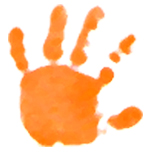 Physical development
Physical development
A range of equipment and opportunities, both indoors and out of doors, allows children to develop confidence and enjoyment in the use and development of their own physical skills. A very high level of adult supervision enables children safely to create and meet physical challenges, developing increasing skill and control in moving, climbing, and balancing. At the same time, children are supported in the development of the fine motor skills required to use tools, including pens and pencils, and to handle small objects with increasing control and precision.
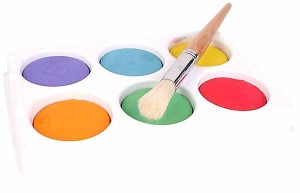 Creative development
Creative development
Children are encouraged to use a wide range of resources to express their own ideas and feelings and to construct their individual response to experiences in two and three dimensions. Art equipment, including paint, glue, crayons, and pencils as well as natural and discarded resources, provides for open-ended exploration of colour, shape and texture and the development of skills in painting, drawing and collage. Children join in with and respond to music and stories, and there are many opportunities for imaginative role play, both individually and as part of a group.
Everyday is a fun day!
